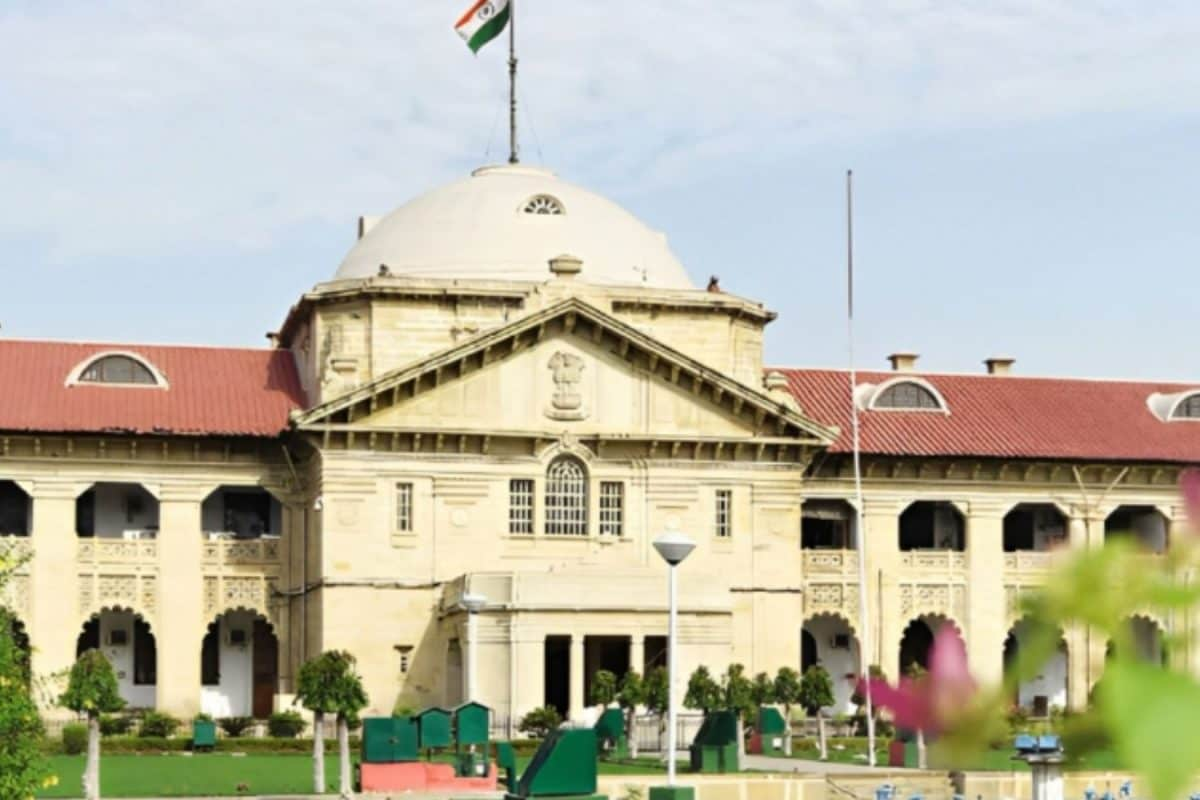

The Allahabad High Court has recently rebuked Waqf Madrassa Qasimul Uloom for encroaching upon land belonging to the National Highways Authority of India (NHAI). Justice Rohit Ranjan Agarwal expressed surprise that the Madrassa had not only constructed on NHAI land but was also subletting the structures and collecting rent, treating it as Waqf property. The court stated that it was a "classic case" of encroachment, where the land of NHAI had been illegally occupied, and a Madrassa, Masjid, and other constructions were raised, with the property then being claimed as a 'waqf'.
The case originated from a suit filed by the Waqf seeking a permanent injunction to restrain the respondents from demolishing the property and preventing new construction. The petitioner claimed that a madrasa, masjid, and police chowki existed on the land. However, the defendants contested the claim that the land was a waqf property, stating that it was not registered as such with the Waqf Board.
During the proceedings, the defendants filed an amendment application, which the Trial Court allowed. The petitioner challenged this decision, but the revision was dismissed. Subsequently, the petitioner approached the High Court, arguing that the amendment should not have been allowed, as it presented a new case by the defendants.
The High Court, in its judgment, held that the NHAI was the rightful owner of the land, a fact discovered during correspondences in 2014. The amendment application was deemed necessary to bring these facts on record. The court noted that the rent being paid to the petitioner was based on the mistaken assumption that the property belonged to the Waqf.
The court dismissed the petition against the Trial Court's order, emphasizing that the property belonged to NHAI. It highlighted that national highway projects are of vital public importance, and unless there is evidence of mala fide intent or apparent arbitrariness, the court would be hesitant to interfere with such projects.
This case is not an isolated incident. Encroachments on public and private lands, often with religious structures, have been a recurring issue in India. The Supreme Court has also dealt with similar cases, including one involving a mosque located on the Allahabad High Court's premises. In that case, the Supreme Court upheld the High Court's order to remove the mosque, questioning how lease land was converted into Waqf property.
The legal battles surrounding Waqf properties are often complex and time-consuming. Many waqfs are entangled in disputes over ownership and encroachment. While some welcome the inclusion of women in State Waqf Boards and the Central Waqf Council, debates continue regarding the inclusion of non-Muslims and whether new laws will effectively address the issues faced by marginalized communities.
The recent Allahabad High Court's observation underscores the importance of protecting public lands and preventing their illegal occupation. It also raises questions about the legitimacy of certain Waqf claims and the need for greater transparency and accountability in the management of Waqf properties. The court's firm stance sends a strong message against encroachment and reinforces the principle that public interest should prevail over private claims, especially when it comes to essential infrastructure projects like national highways.